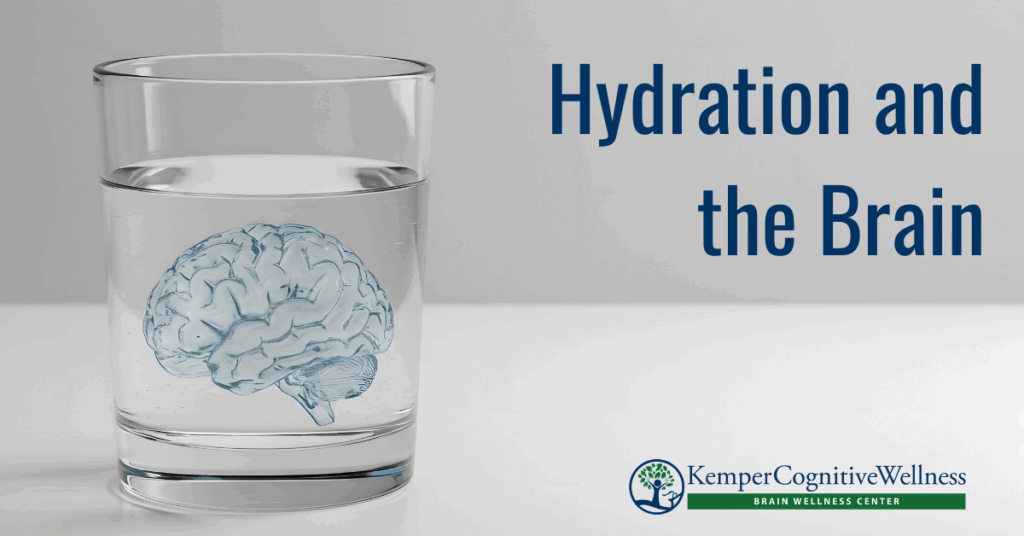Your home is not the only thing that needs some spring cleaning… your body does, too! Damage or disruption to the gut can cause changes in the brain leading to lower mood, difficulty concentrating, and cognitive difficulties. Whether you want to unlock improved memory and thinking or obtain better focus and mood, the key is in the health of your gut.
So, what can you do to support gut health? How about a little spring cleaning?!
- Eliminate damaging foods like refined carbohydrates, sugars, and artificial sweeteners which alter the microbiome and increase inflammation.
- Eat foods rich in fiber like leafy greens and other vegetables, legumes, beans, whole fruits, nuts, seeds, and whole grains. Fiber acts as a prebiotic feeding the beneficial bacteria in the gut.
- Include fermented foods which contain probiotics like miso, kombucha, real sauerkraut, and kimchi.
- Explore food sensitivities and “trigger foods” that can damage the gut lining and cause an immune reaction. Food sensitivities often go unnoticed because symptoms greatly vary from migraines to brain fog and loose stools. We suggest food sensitivity testing that looks beyond IgG reactions, such as MRT (Mediator Release Testing).
- Incorporate stress management into your daily routine. Stress can weaken the intestinal barrier, impact digestion, alter what nutrients are absorbed, and inhibit signals to the Vagus Nerve. Exercise, deep breathing, meditation, and journaling are just a few ways to manage stressors.
Although it may not be obvious, the health of the gut and brain are connected in many ways. If you’ve ever felt “butterflies” in your stomach when you are excited, or GI upset during stressful times, you’ve experienced this connection. The gut and brain communicate back and forth through both physical and biochemical ways that include:
- The Vagus Nerve: This “wandering nerve” runs from the brain stem to the colon and serves as the primary information connection. This connection is bidirectional, meaning the brain talks to the gut, and the gut talks to the brain.
- The Enteric Nervous System: The ENS, nicknamed the ‘second brain’, is made up of more than 100 million neurons that secrete key neurotransmitters, like 90% of the body’s ‘feel-good chemical’, serotonin.
- The microbiome is home to trillions of good flora (beneficial bacteria and other helpful microbes) that communicate with the immune system, brain, and gut.
At Kemper Cognitive Wellness, we believe you can push back against Alzheimer’s and other forms of dementia. Whether you are newly diagnosed or are just looking to prevent, there are many things you can do to decrease your risk, optimize your brain, and even slow cognitive decline. If you want to learn more about your individual risk factors or would like to explore the testing we have available at Kemper Cognitive Wellness, give our office a call at 216-337-1400 or visit our website: kemperwellness.com
-Nikki Gould, RDN, CLT, Nutritionist at Kemper Cognitive Wellness





